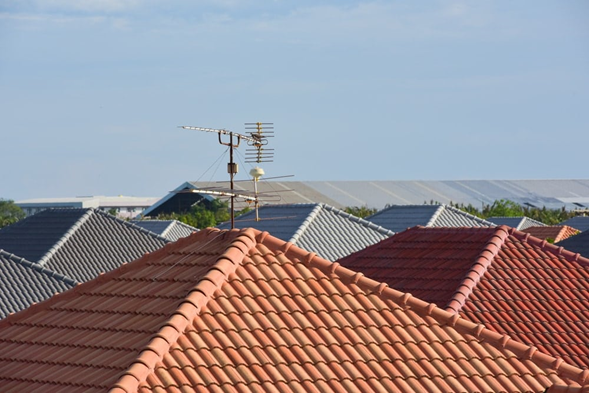The town was pubs and dry cleaners and side streets and teenagers kissing up by the dead train tracks. It was beer and backyards and chain links. Stay-at-home mothers who couldn’t afford to stay home, couldn’t drag their disappointed bodies off the couch, couldn’t scrounge up the strength to let loose their hair from foam curlers. The town had seasons and in winter the town was a cozy snow globe, except in the houses where the guys who fell from the rooftops lived.
Guys with families. Guys who climb tall ladders and run wire or lay shingles or clean gutters, paint. When they fell from rooftops, they went to the hospital. For a while there, in the mid-nineties, doctors were giving these guys OxyContin. When the prescriptions ran out, the guys turned to heroin.
My mother wasn’t one of the stay-at-home mothers and my father wasn’t one of the guys who fell from one of the rooftops. She was a nurse and had short black hair, dignity. He was a mailman. Strapped to a satchel, his back bent like a rooftop. Discs bulged until they ruptured under the weight. A piece of his smile was delivered with every letter until it was no longer. A guy shook a pill into my father’s palm at the pub. “Prescription,” the guy said. Orange bottles infested our bathroom mirror’s belly. Then the doctor said “done,” and my father wandered the town, weaving the streets below the pretty rooftops. Down there, on the ground, he found that heroin mimicked the relief of the doctor’s drugs.
At night, when I was supposed to be sleeping, the fury of my father’s addiction laid waste to my mother’s dignity. They’d spill from the house, hoping I wouldn’t hear, but the window above my bed overlooked their unhappiness. Her sorrow crashed into his shame. They tore up the front lawn, until windows lit up in neighboring rooftops. “Charges?” said cops. My mother never said “Press.”
In my bedroom with the poppy flower wallpaper and window carved into the rooftop, I kept a collection of mossy rocks. The rocks had submerged parts of themselves in the shallows of the pond near the dead train tracks. When my parents fought, I made a ring of the rocks and sat at the center. I imagined it would feel like safety, but I could still hear her wailing.
One more trip to the pond, two more trips, three, four, five, my ring rose like a castle, a fortress, a kingdom. Walled off, my father’s screams sounded softer, almost like whispers, gentle murmurs of love. But unlike my house and the houses in my town, my stone structure had no rooftop. I’d robbed the rock walls of their water. They crumbled, unsound. I sat amidst sand, my parents roaring around me, and knew neither rock, nor rooftop, nor pill could protect.
Amy Lyons has recent work in or forthcoming from HAD, Waxwing, Prime Number, Flash Frog, BULL, No Contact, and FRiGG. She’s a 2021 Best Microfiction nominee, and a 2020 Best of the Net and Best Small Fictions nominee.
